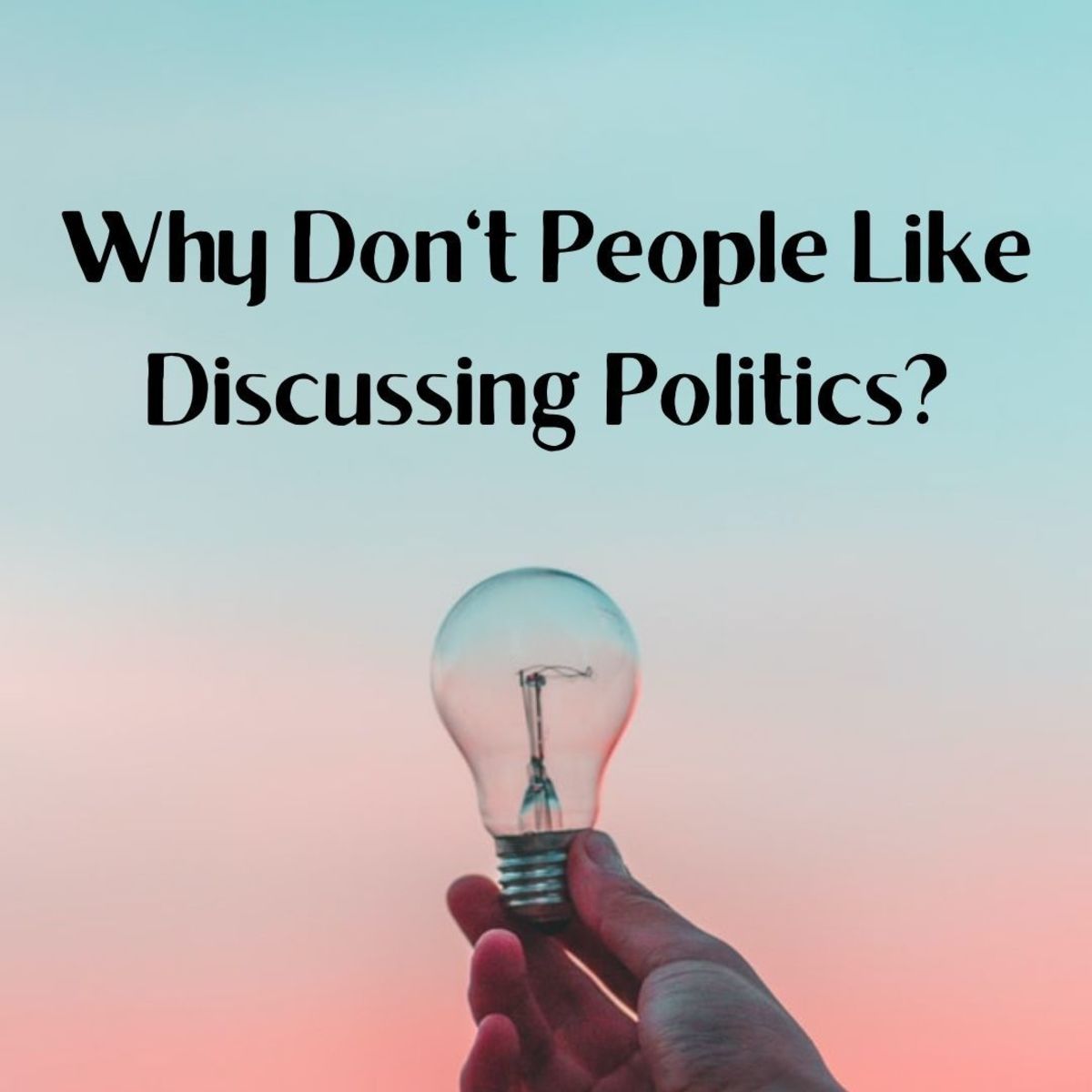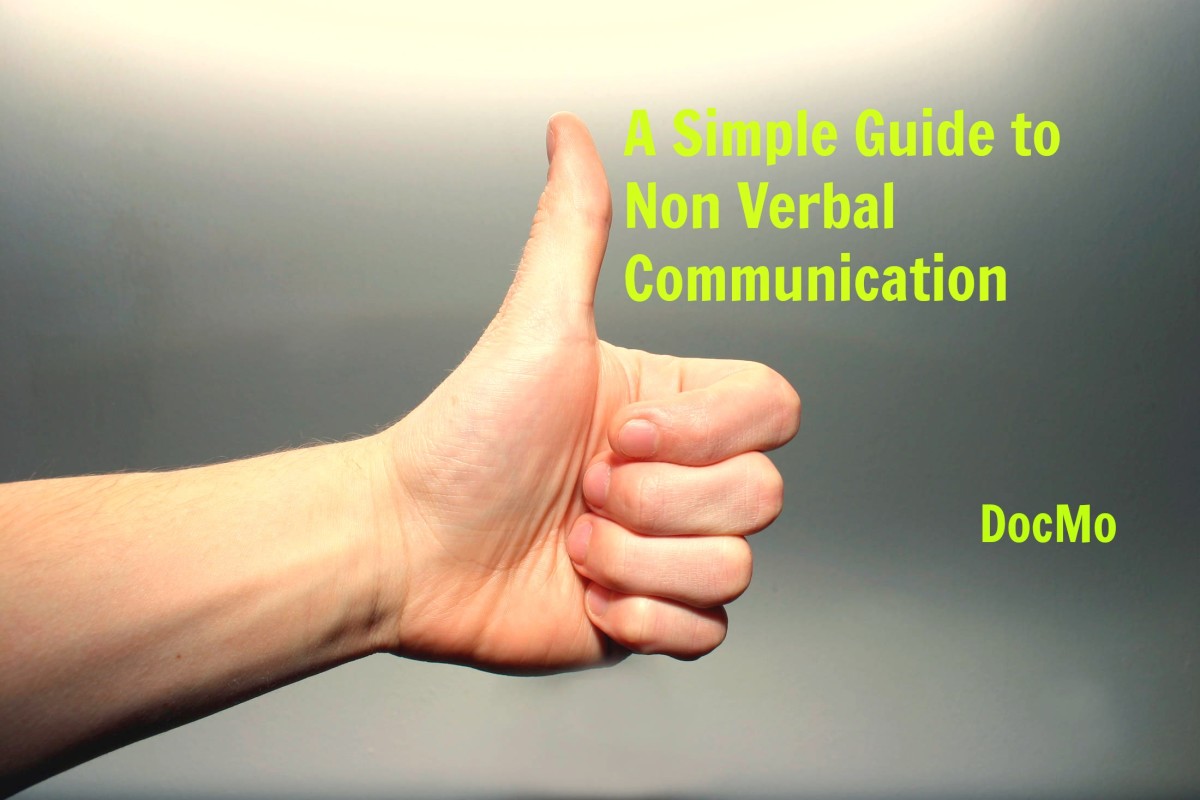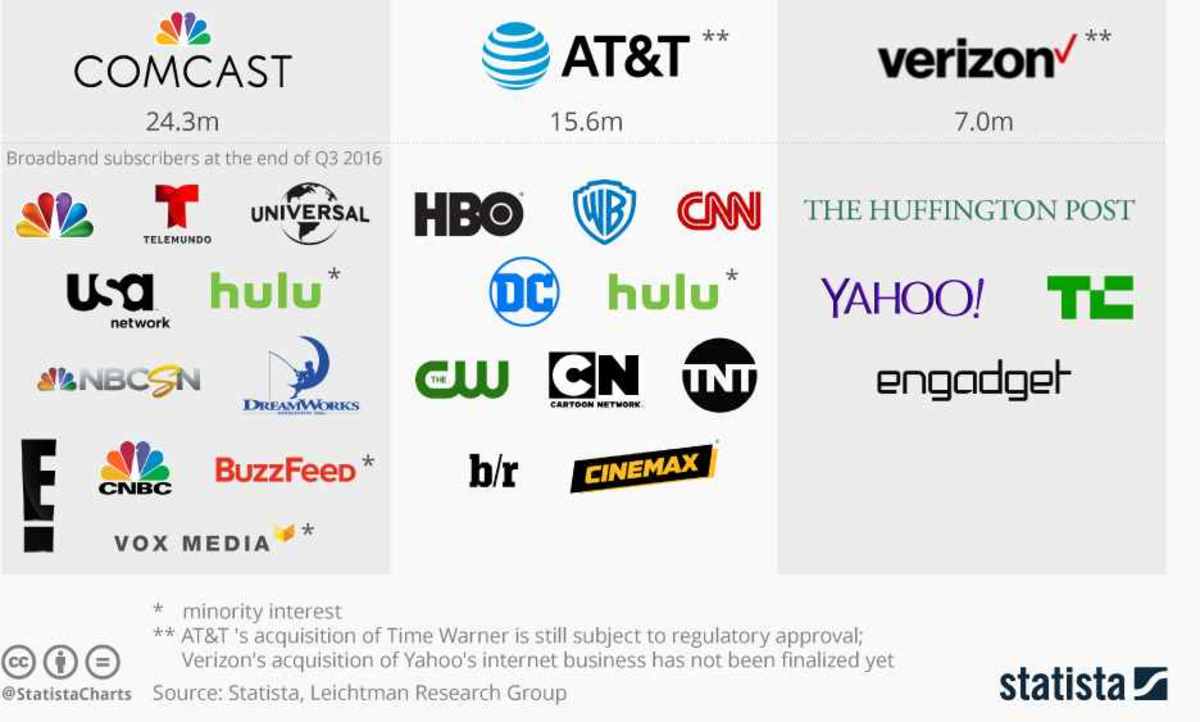The Art Of Civilized Persuasion

An argument is an argument. Some times we call them quarrels or disputes. At other times we label them discussions, debates, or just plain disagreements. Never the less, they are still contentious exchanges that involve at least two of us. Too often, we who believe that we are absolutely right are trying to persuade those who disagree that they are absolutely wrong. Many of us seem to approach the most heated discussions as our favorite pastime, a sport of choice, or one of life's foremost pleasures no matter what the subject. Others of us are just convinced that the world would be a better place if everyone would just think the way we do. Such clashes of opposing ideas are not new in our society but these days the public discourse about too many issues has a tone and tenor that is growing increasingly harsh and noticeably less civilized. The rhetoric is often inflammatory. The crossfire seared by insults, revenge, arrogance, and anger. It is clear many of us need to learn more about how to disagree without being disagreeable.
Fortunately, there are several techniques that will help us if we choose to use them. They are based on three “common” principles. They use a little “common” sense, add a good measure of “common” courtesy, and recognize everyone's “common” desire to be treated with respect. They serve to remind us that we achieve nothing if we alienate our listeners during the process of expressing our views. If we don't care what other people think about our ideas than we might as well talk to ourselves in front of a mirror. Our first objective should be to present our opinions in a way that encourages others to consider their value. It is equally important that we listen to opposing viewpoints with an open, receptive mind. So here are some simple and effective tools for building bridges not barriers.
Humor is perhaps the easiest tool for spanning the gap between diverse opinions. Laughter can unify opposing factions and lead to common understanding. It softens the most hardened opposition because it connects with our basic human nature. Nothing beats humor for getting the brain's attention. Consider how a skillful speaker begins with an anecdote no matter how serious his ultimate topic. When we find the humor in conflicting ideas, we are well on our way to finding common understanding.

In order to communicate our opinions to others, we also need to understand how our listeners think. To whom are we talking? Where are they from? How do they live each day? How will they benefit from what we are trying to tell them? Are they married? Any children? To win others to our way of thinking, we must identify and connect with their feelings, beliefs, and history. Regardless how they speak, people think in a language formed by their life experiences, many of which may be vastly different than our own. If we can't understand them, how can we expect them to understand us?
Once we know our listeners, we have to thoroughly understand their viewpoints if we ever hope to supplant them with our own. Nothing accomplishes this faster and better than using our own words to reiterate those opposing arguments as if we fully agreed with them. When done with genuine sincerity, this process tests our willingness to explore the real differences between incompatible basic premises and the resulting conclusions. In addition, it will lead us to a better understanding of what our own opinions must offer if they are to be accepted as the best conclusions.
Never underestimate the value of diversity. It is the light source of the mind. To inspire real change, large or small, we need a wide and varied view of the world. This does not come easily but it's worth all the extra effort it takes to achieve. We can try attending church services of different faiths. Have a conversation about Christ with a mullah. Visit a synagogue. Rely on more than one newspaper, channel, or web site to keep up with current events. Go to a Rap concert. Sit in on an AA meeting. Take part in various national pride events.

Let's always focus on the views and conclusions that are uniquely ours. Don't risk loosing the attention of our audience by using trite arguments that have out lived their effectiveness. Leave it to others to defend their own positions while we promote the unique value of our own ideas. At the same time, we should be prepared to discover that they are neither as unique as we thought nor as convincing as we had hoped.
Sign on to the goal of finding common ground. Conflicting ideas don't have to end in a draw if the opposing parties search together for an alternate solution that supports elements of both sides. Different arguments from opposing positions can suddenly appear valid when viewed from another perspective. Many times, selling half a loaf is better then no sale at all. Let's look, for example, at the heated debate that rages today between the theories of Intelligent Design and Evolution. Without an explanation acceptable to all sides of these issues, there is only emotionally charged deadlock. Yet, this doesn't have to be the case for those who are willing to admit that all the evidence may not have been discovered yet. Perhaps, a long time ago, one extraordinary, unique and clever chimp abandoned the safety of the tree branches when she learned she could run much faster if her feet didn't have to chase after her knuckles. In this scenario, that could have been the day, with enormous pride in herself and her newfound skill, she stood erect before God who smiled down on her and said, “From this day forward, you shall be called Man.”
During every exchange of opinions, we “got to know when to hold 'em, know when to fold 'em, /Know when to walk away and know when to run.” Well-structured arguments occasionally need clarification but they rarely need repeating. After presenting our views and carefully listening to the replies and counterpoints, we should shake hands and move on. There is positively nothing more we can accomplish and what follows is usually derogatory and unpleasant.
In the future, all the wisdom and all the knowledge that mankind will discover, no matter how extraordinary, will wither and die if open and fertile minds are not listening. Let's hope that our skill at creating humor, understandings, a receptive mind, respect for diversity, unique thinking, and common ground will prepare us. We can always learn from people having different backgrounds who are willing to share their knowledge and their opinions with us. Remember that it is possible for two people to disagree and for both to be correct. We need to increase the free exchange of ideas and to learn how to discuss them with respect and civility. The alternative is a decline in new knowledge, which will only lead us back into the dark ages.








